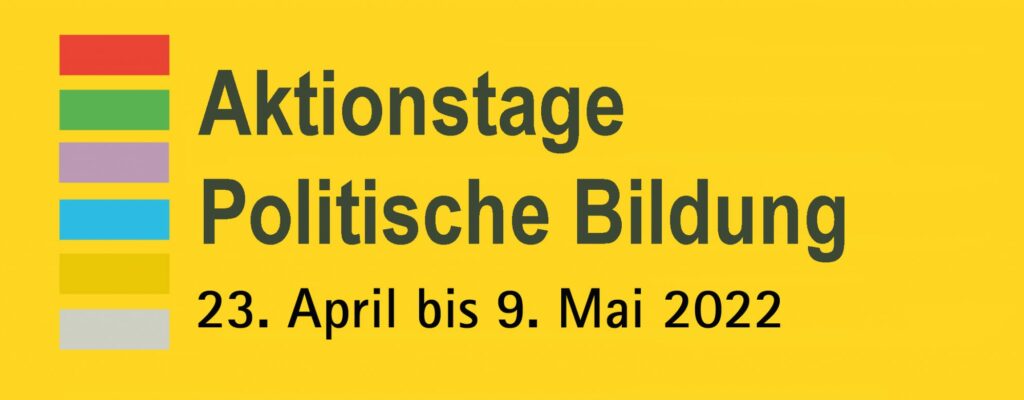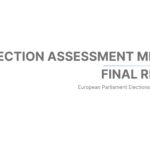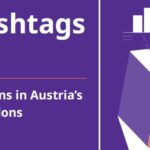
Reform of polling station committees?
Vienna, 20 April 2022: As part of the action days for citizenship education, wahlbeobachtung.org and Zentrum polis organise an event to discuss the reform of the polling station committees with representatives of the Vienna provincial electoral authority, the Association of Cities and the teaching profession.
Date: Wednesday 4 May 2022, 3:00 p.m. to 4:00 p.m
Venue: BMBWF Fencing Hall, Freyung 5, 1010 Vienna
Registration required either by this link or per email: service@politik-lernen.at. 2G applies to the event.
The initiative wahlbeobachtung.org advocates for electoral reforms – in particular for opening up the electoral process to allow interested, non-partisan and, above all, younger people to participate as non-partisan polling station committee members in the polling station on election day.
As part of the research project “Wahlbeisitz in Österreich ” (“Polling Station Committees in Austria”), the situation of around 1,000 polling station committee members during the 2019 National Council election was surveyed in detail and analysed with regard to possible improvements. One of the results is the proposal to open up the electoral process beyond political parties to people from civil society. This results in the possibility of including young and first-time voters in the polling station committees, and of linking this opportunity with projects for political education.
The event takes off with inputs from wahlbeobachtung.org:
Armin Rabitsch – Summary of the research project “Polling Station Committees in Austria” and the results of the current dialogue in Parliament on electoral reforms in Austria. Reference to ongoing research on other polling station committee models in Europe.
Paul Grohma – Presentation of the project draft “Beisitz-Pool” (“polling station committee member pool”), by which the legal possibility should be created to enable participation as polling station committee member as a practice of citizenship education for young and first-time voters and to recognize this in schools.
The following questions should be explored with the participants:
How can the “honorary office” of the polling station member be improved and tied to citizenship education?
How do educators and student representatives see the proposal for a “polling station committee member pool”?
What interests have young and first-time voters in participating as polling station committee members?
Moderation: Patricia Hladschik (Zentrum Polis)
polling station members, polling station staff analysis, polling station staff comparison, reform of election committee
 Election Assessment Mission Report with good practice examples published
Election Assessment Mission Report with good practice examples published
 Presenting Electoral Reform Paper at the Electoral Integrity Project Conference
Presenting Electoral Reform Paper at the Electoral Integrity Project Conference
 Social media monitoring of Austria’s general election campaign
Social media monitoring of Austria’s general election campaign
 How best to assess hybrid threats in elections?
How best to assess hybrid threats in elections?
 Telegram and its role in Austria’s 2024 election
Telegram and its role in Austria’s 2024 election